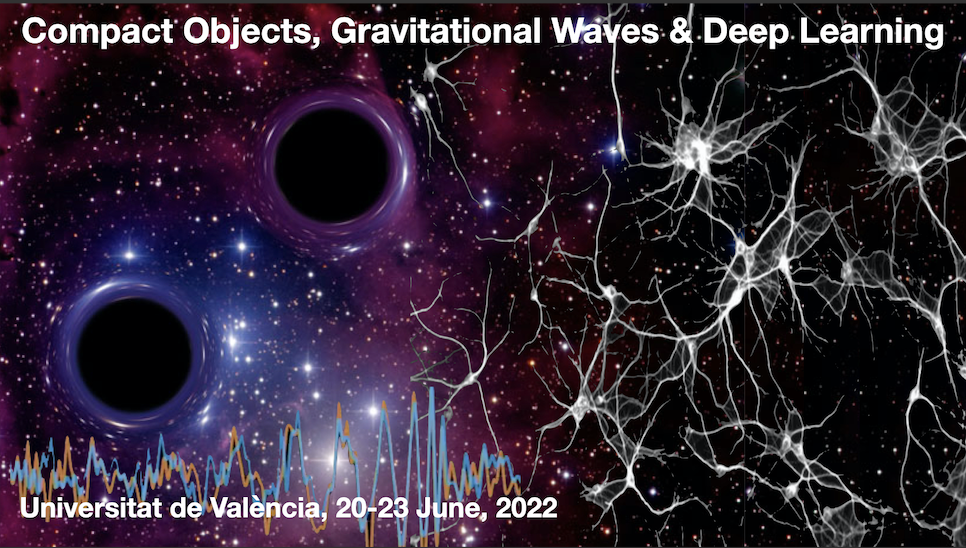Speaker
Description
The gravitational collapse of the core of massive stars and the subsequent explosion of such stars as supernovae (CCSN in the following) is one of the most interesting sources of gravitational waves expected to be detected in the coming years. CCSN hold great scientific interest as the analysis of their complex waveforms can potentially provide valuable information about the underlying physical processes operating during the gravitational collapse of the iron cores of massive stars. Deep Learning techniques will be used to analyze rotational CCSN signals by classifying and correctly separating them from transient sources of noise of the detectors (i.e. glitches). The objective of this analysis will be to estimate some physical parameters of the systems that produce the signals. To detect the presence of astrophysical signals from rotational CCSN in noisy detector data, a network will be trained using a dataset of Time Series from CCSN waveforms injected into the real noise of the Advanced LIGO and Advanced Virgo detectors (corresponding to the O3 observing run). Another network will estimate the physical parameters of the system, specifically, the amplitude of the gravitational signal and the maximum (peak) frequency.
